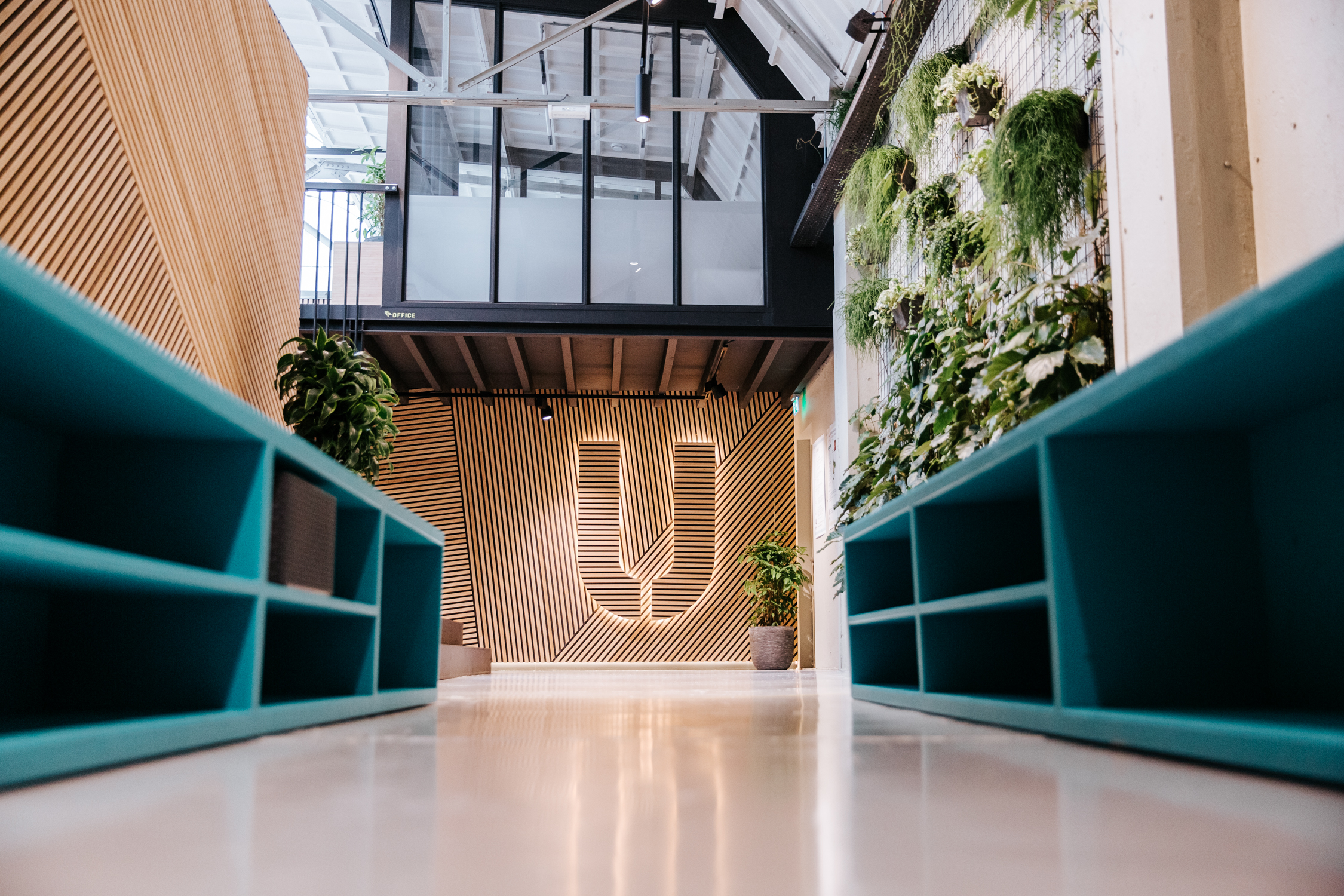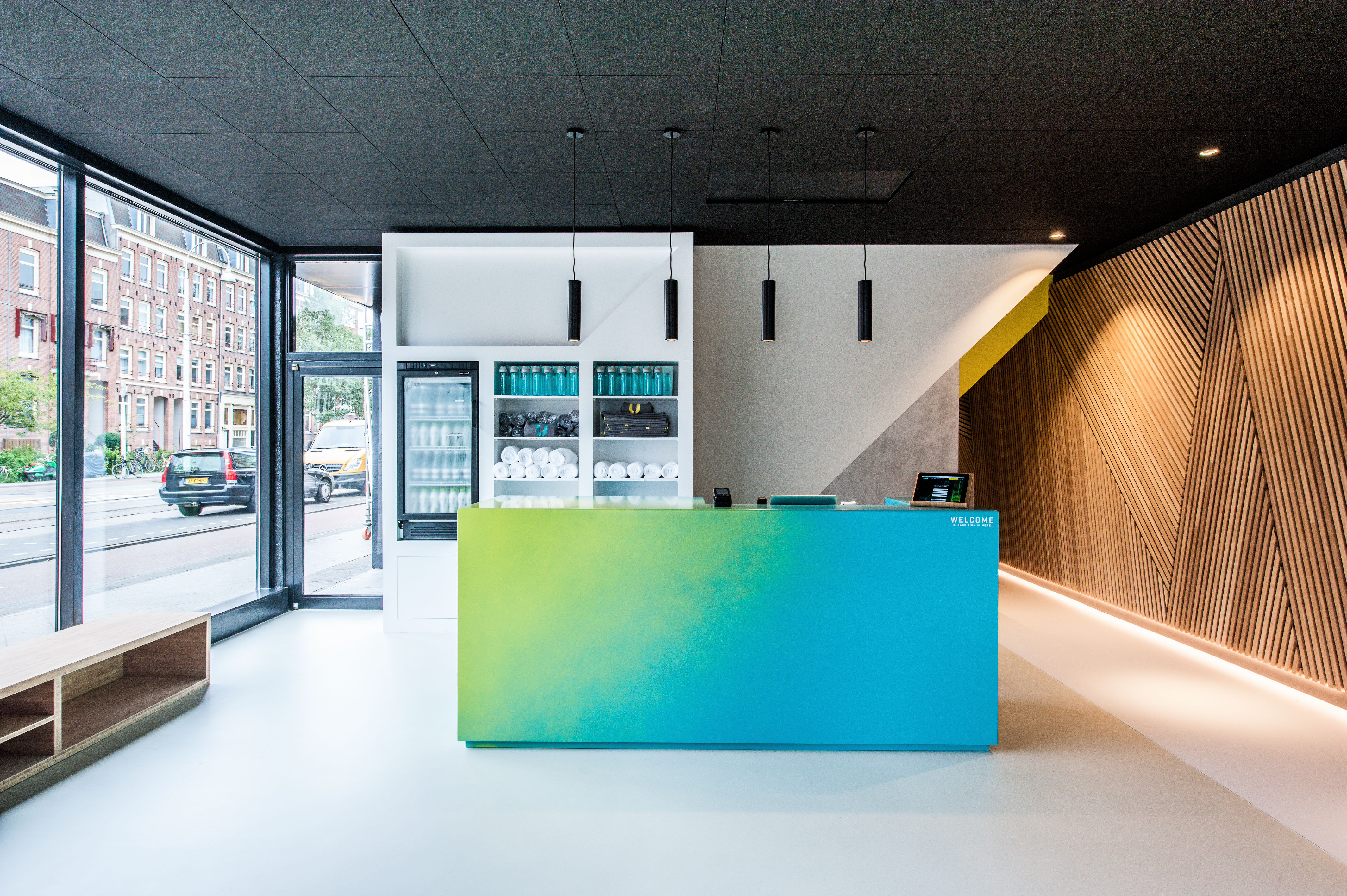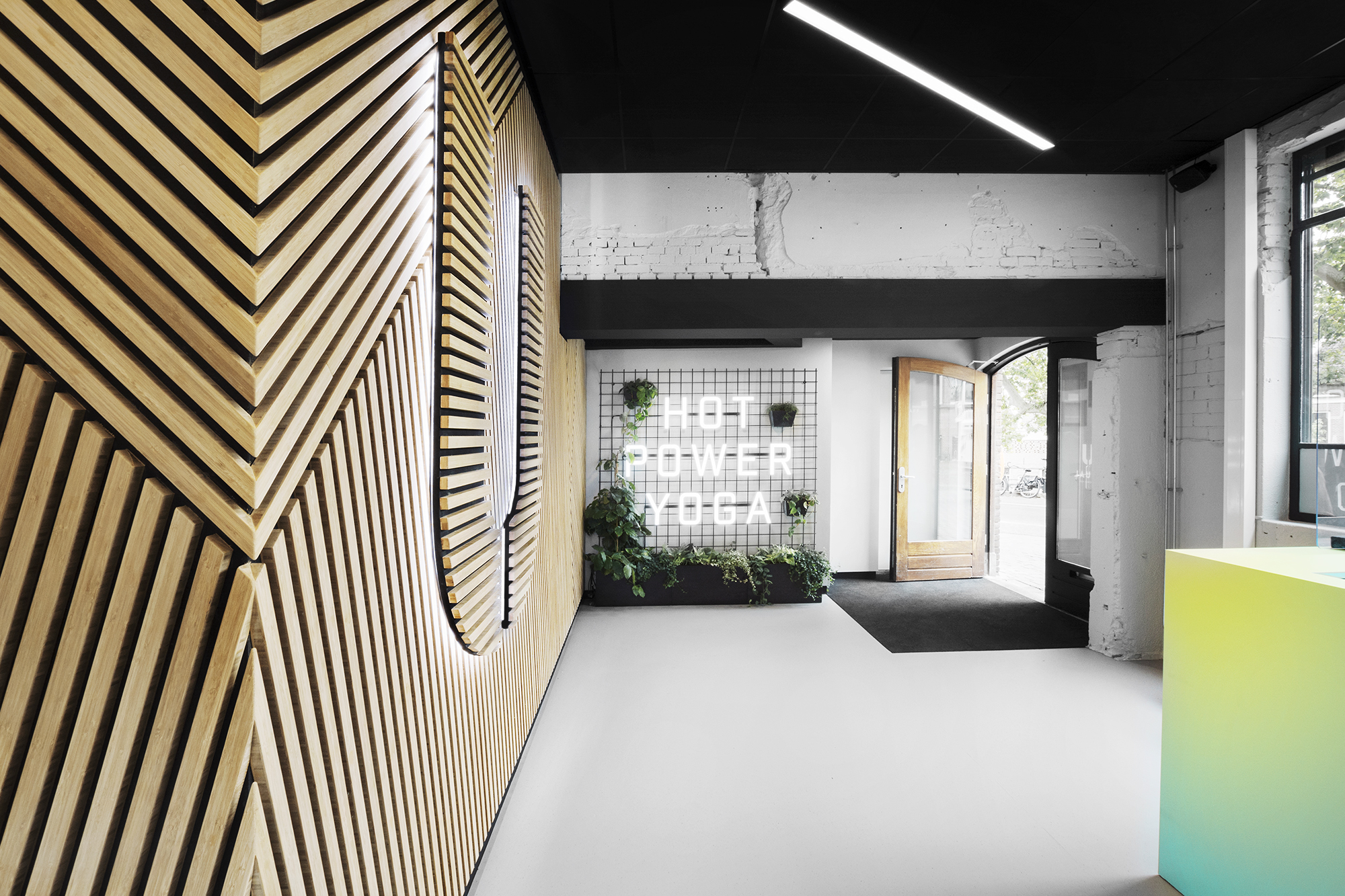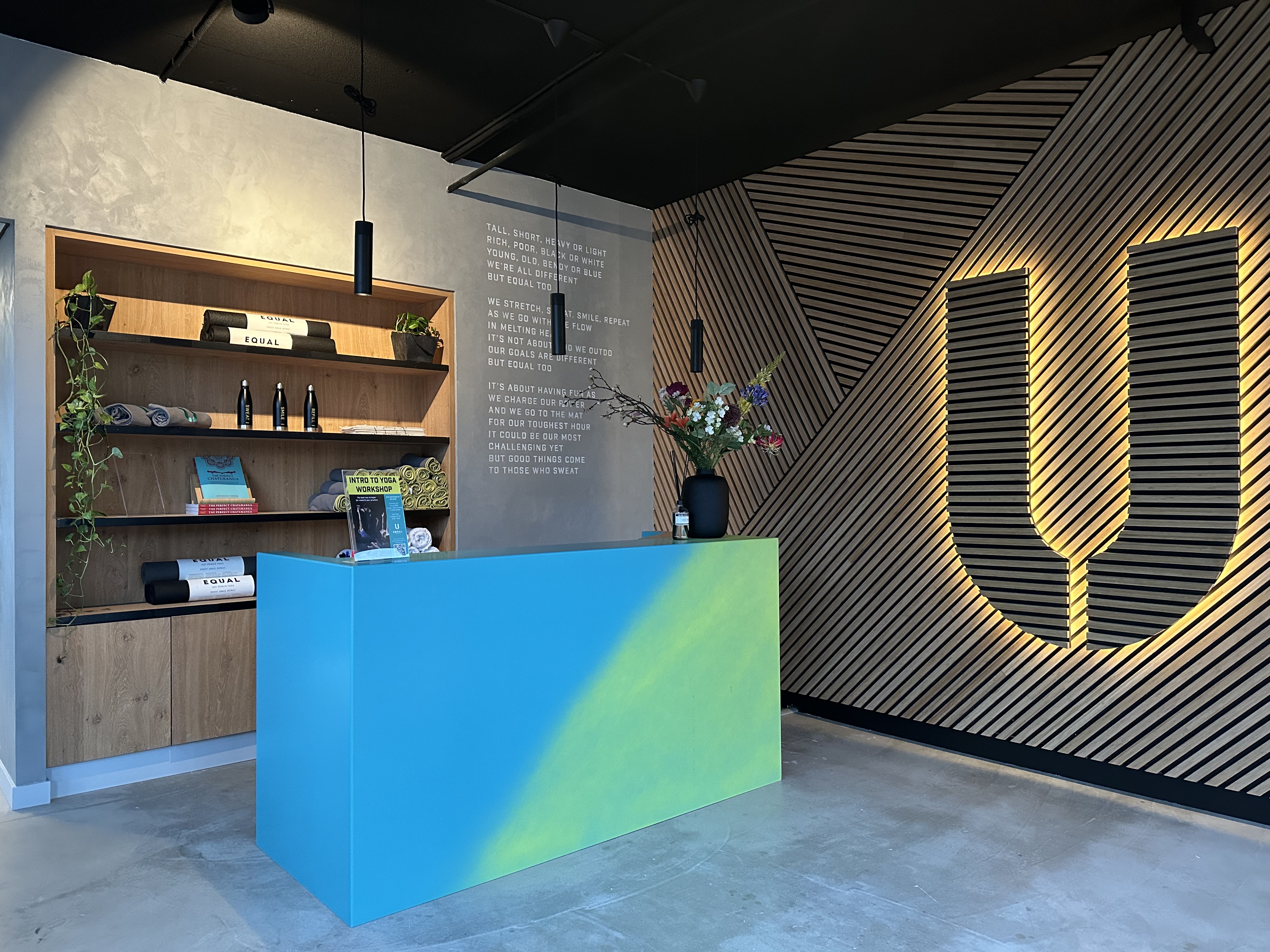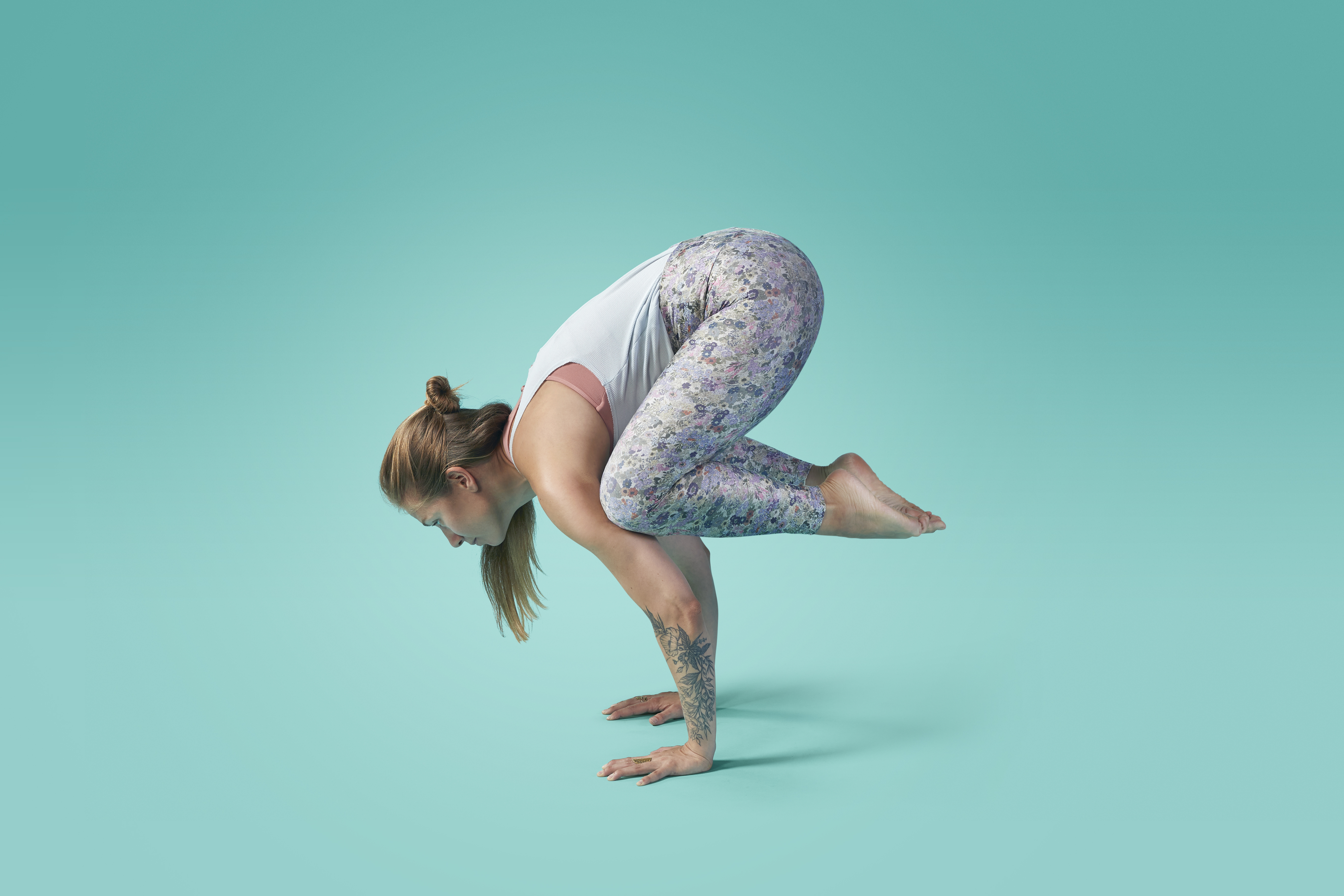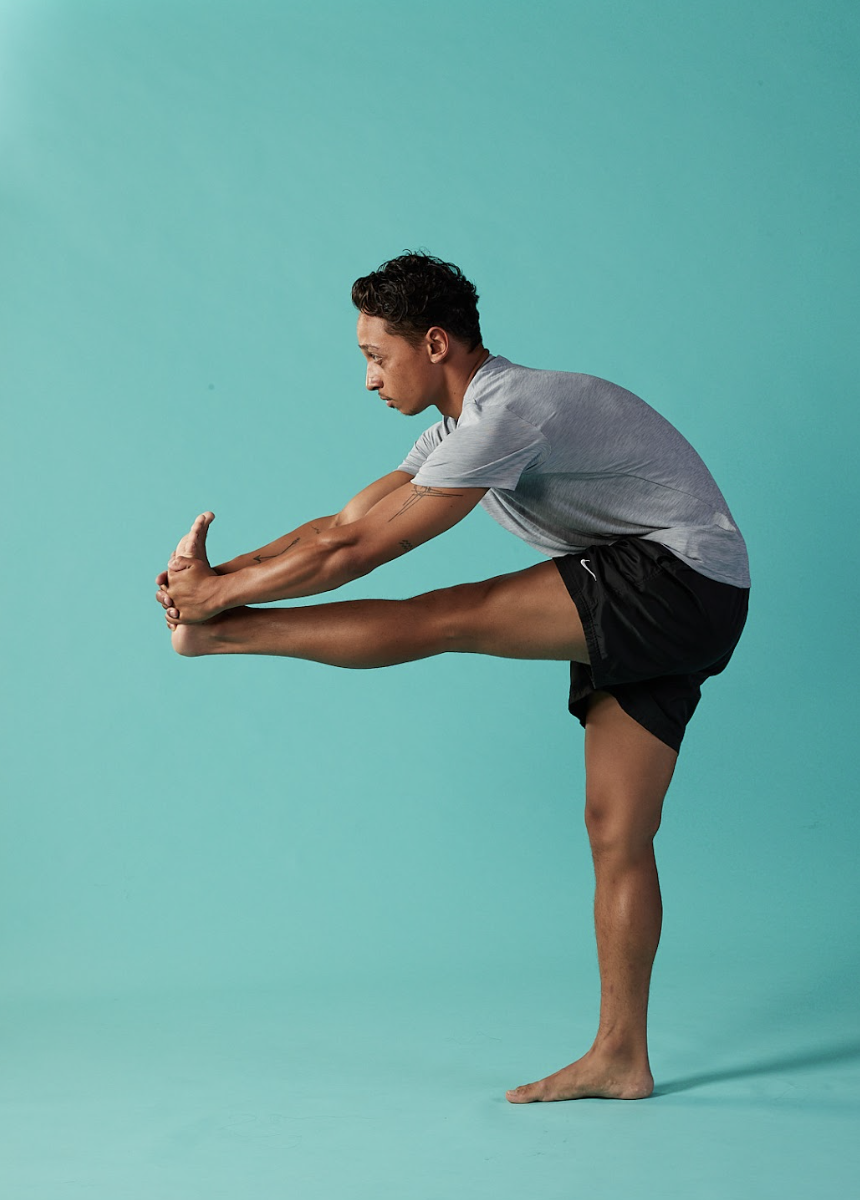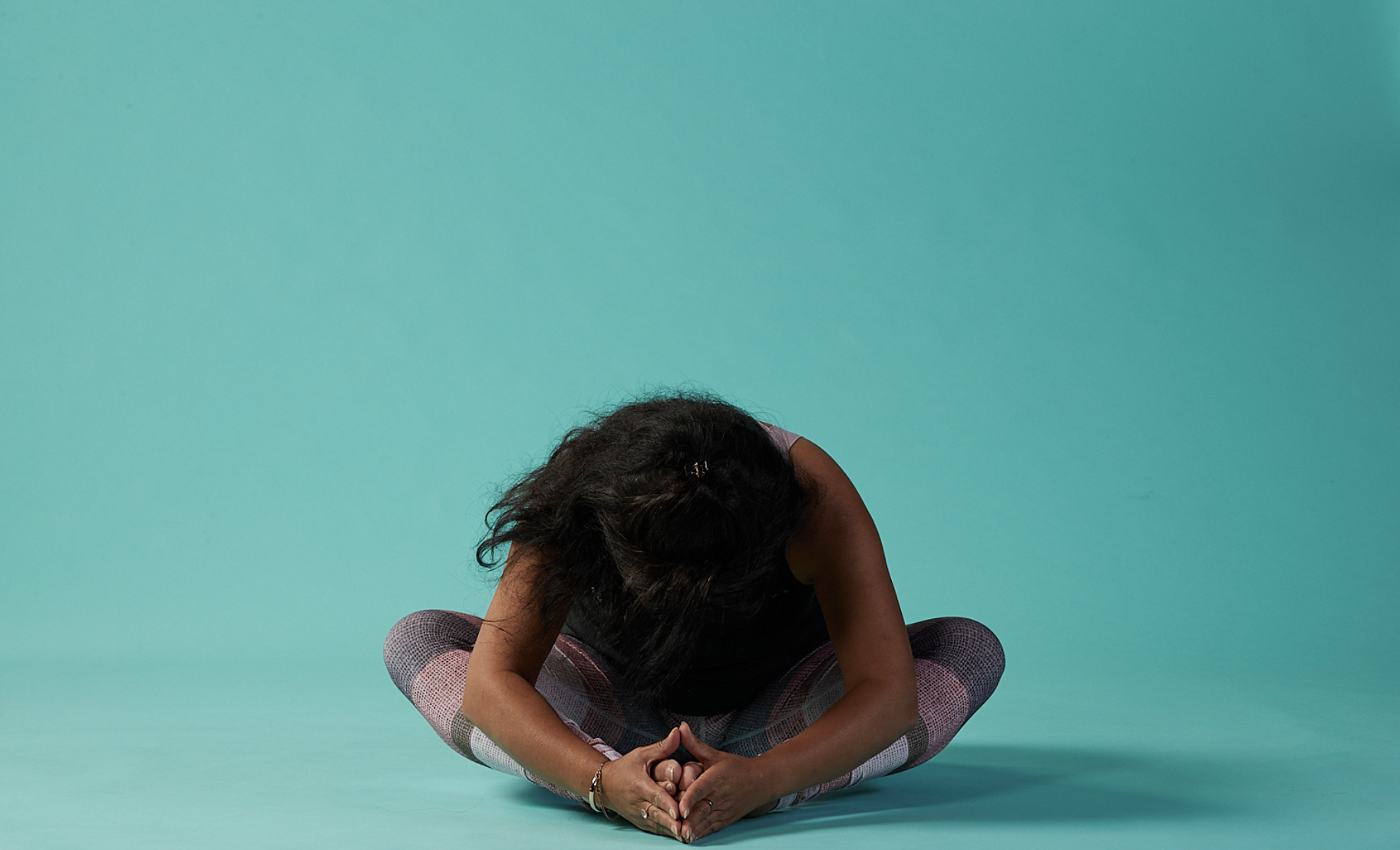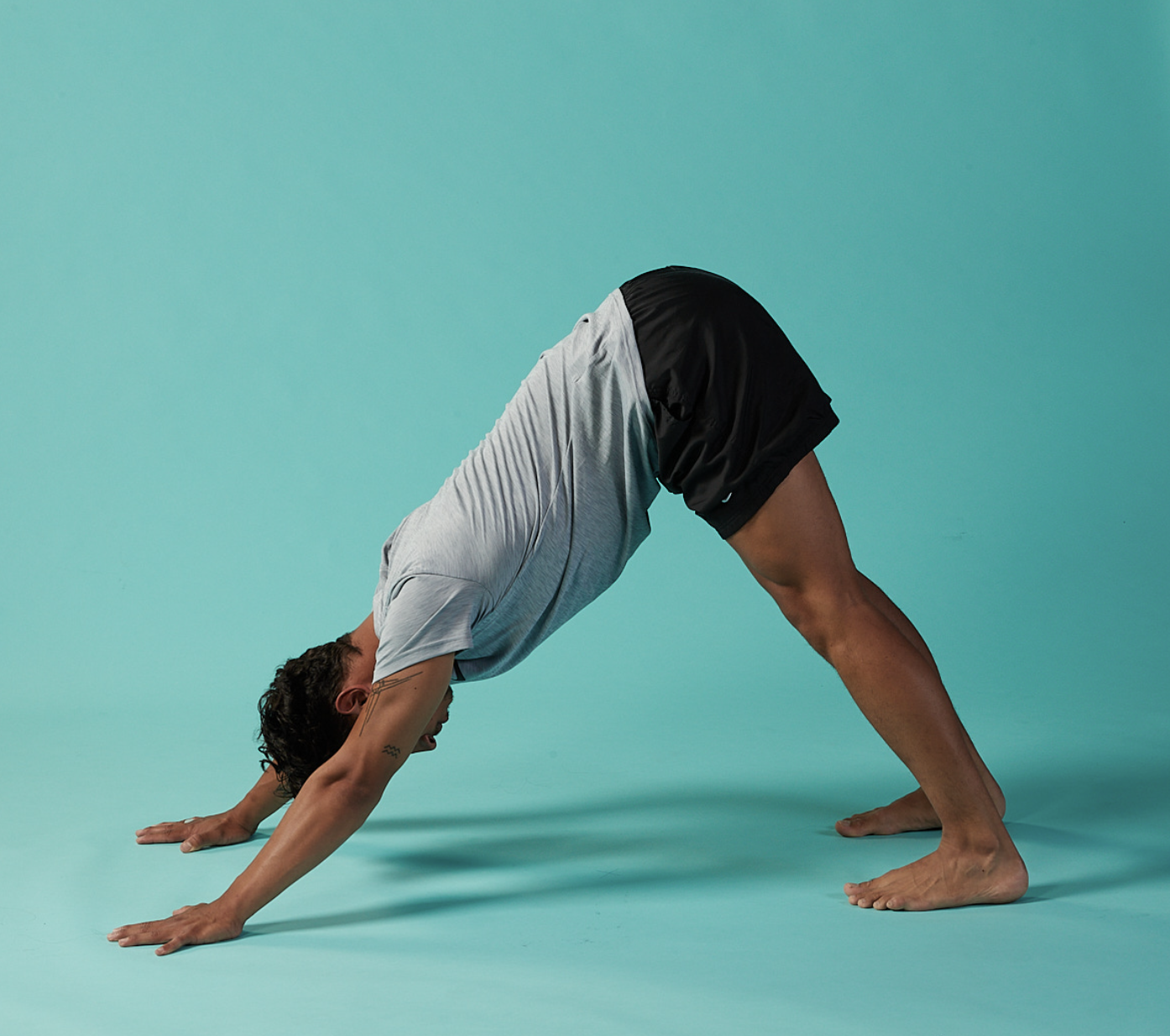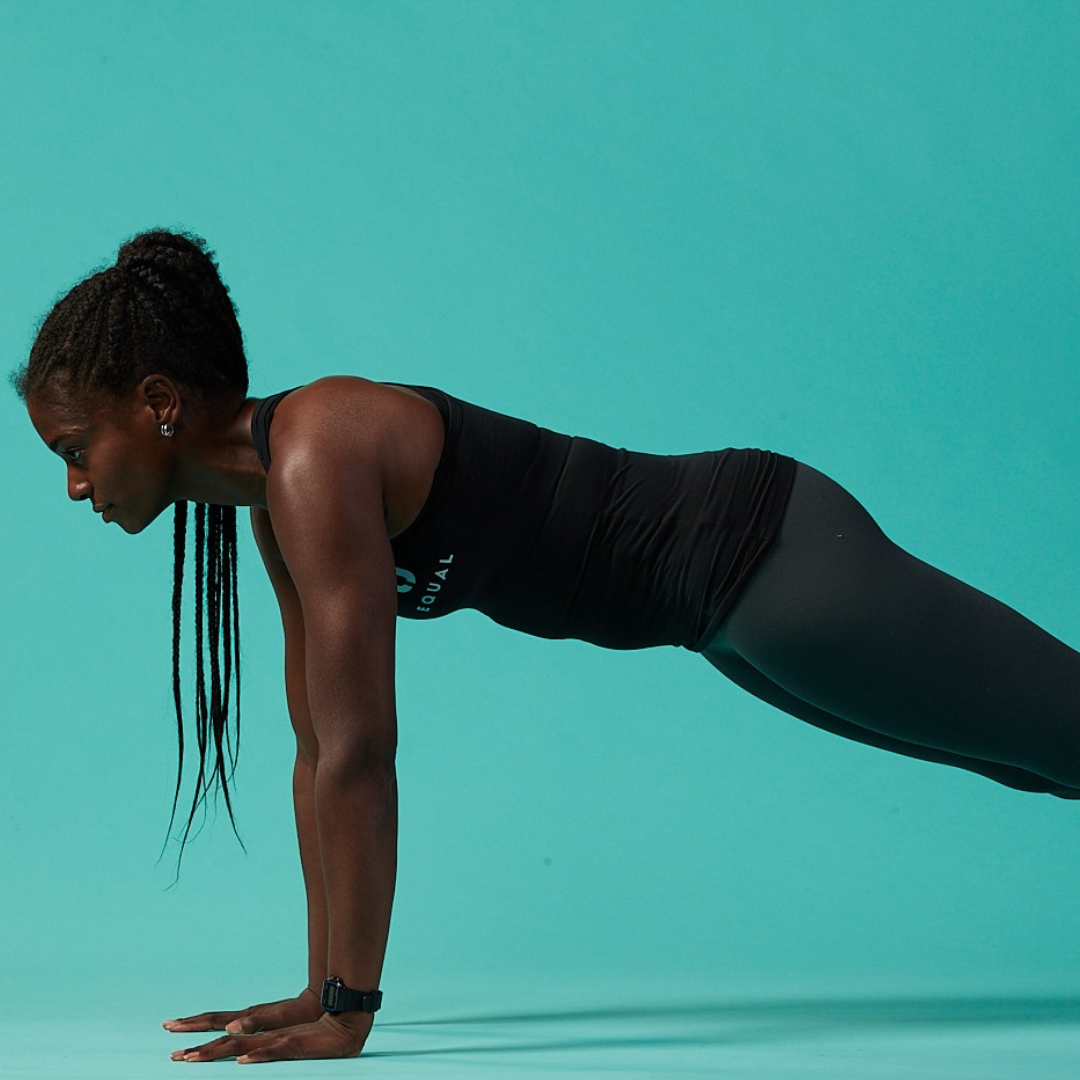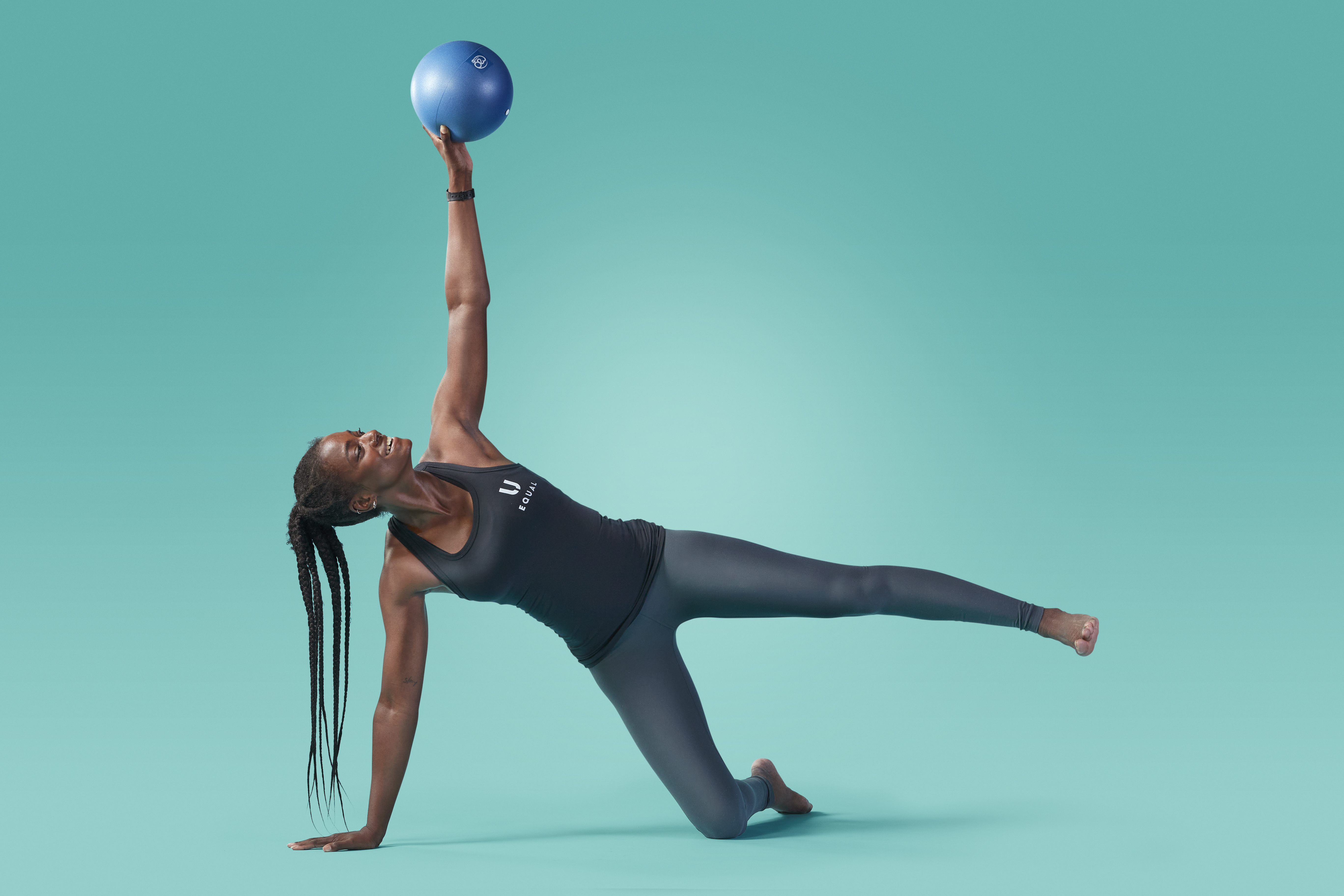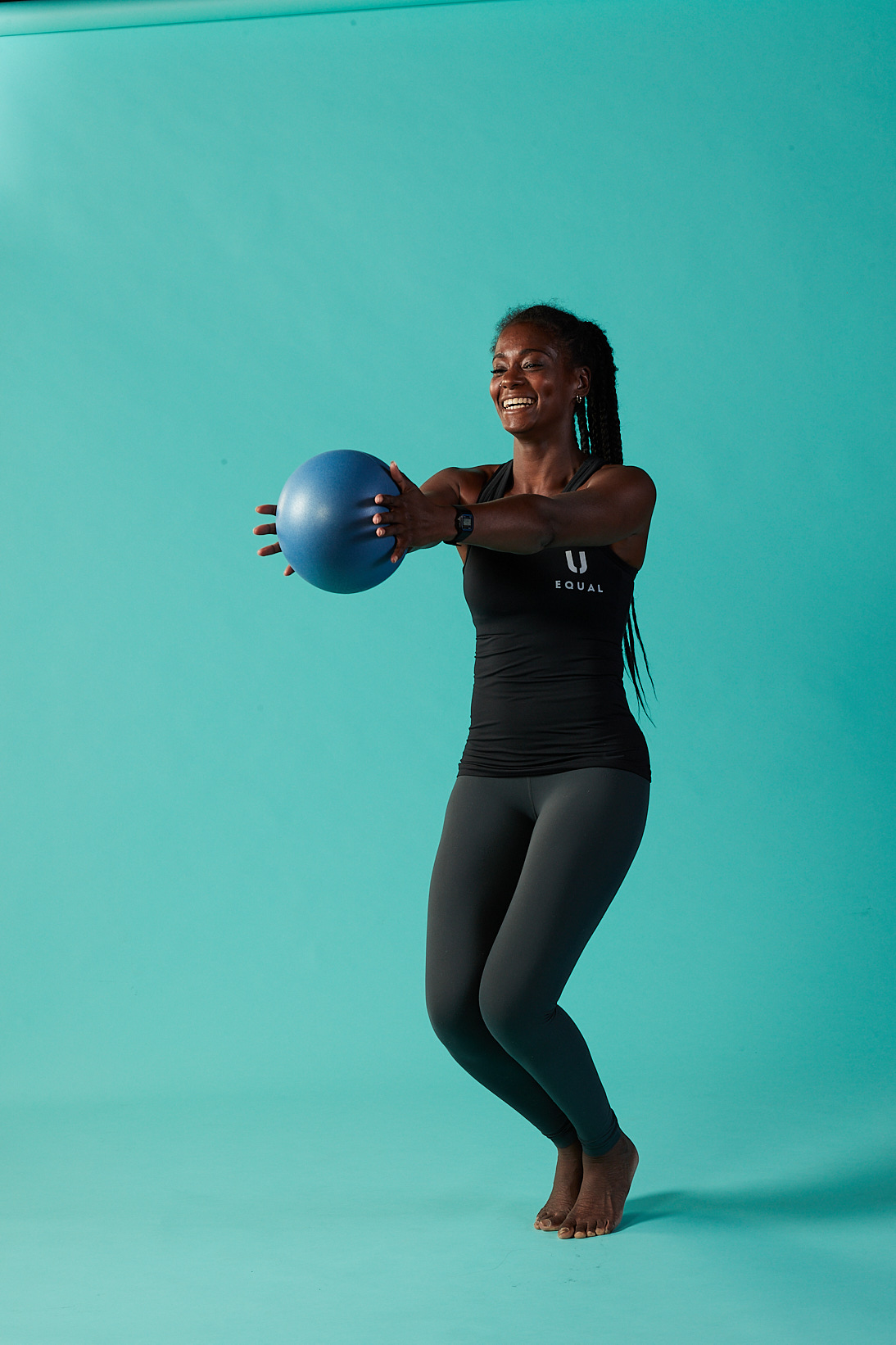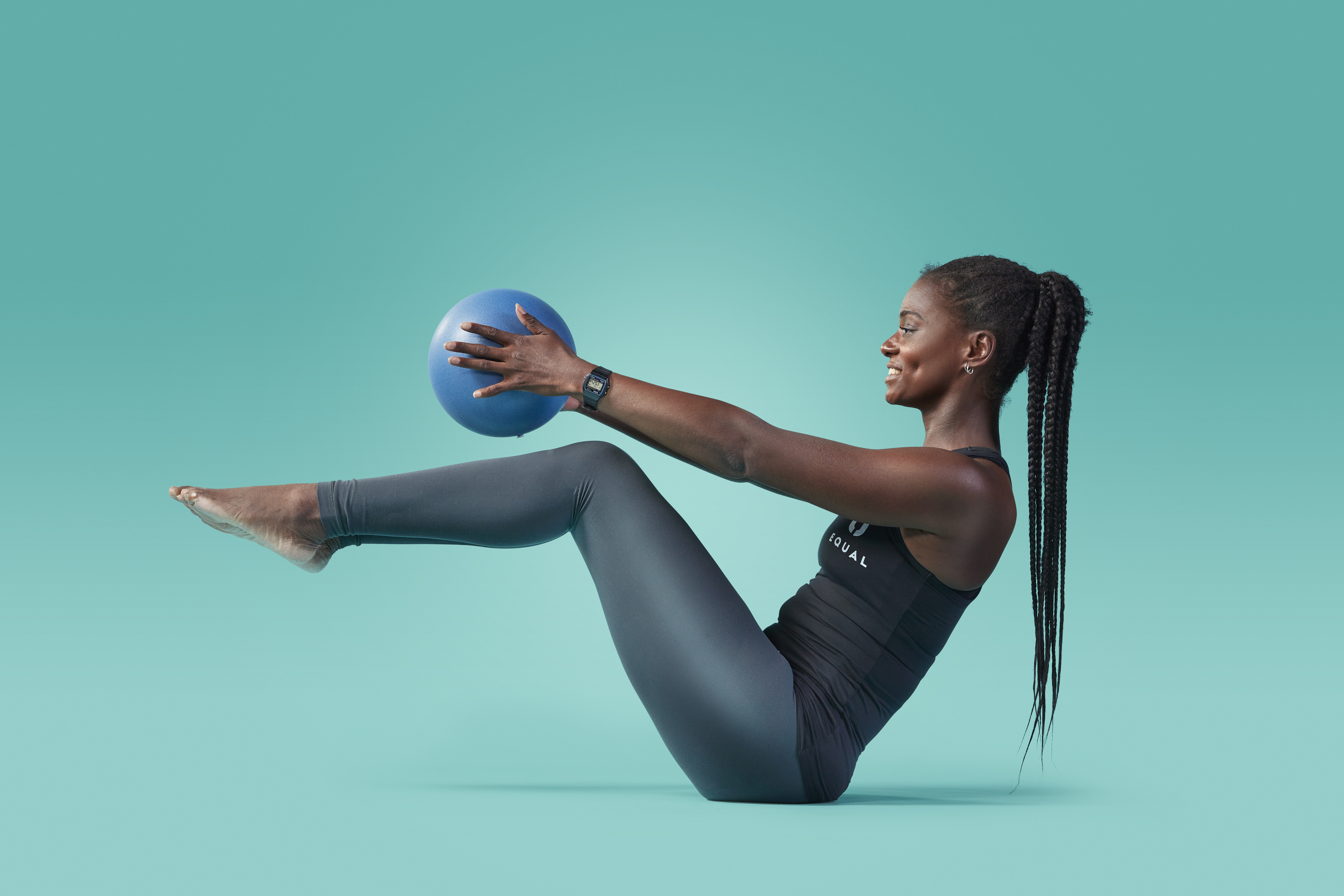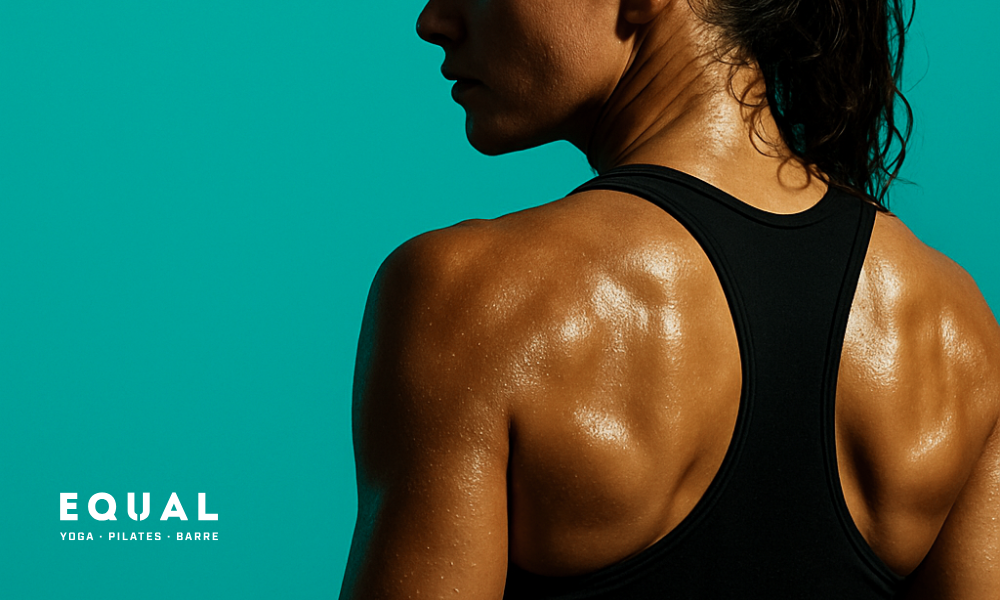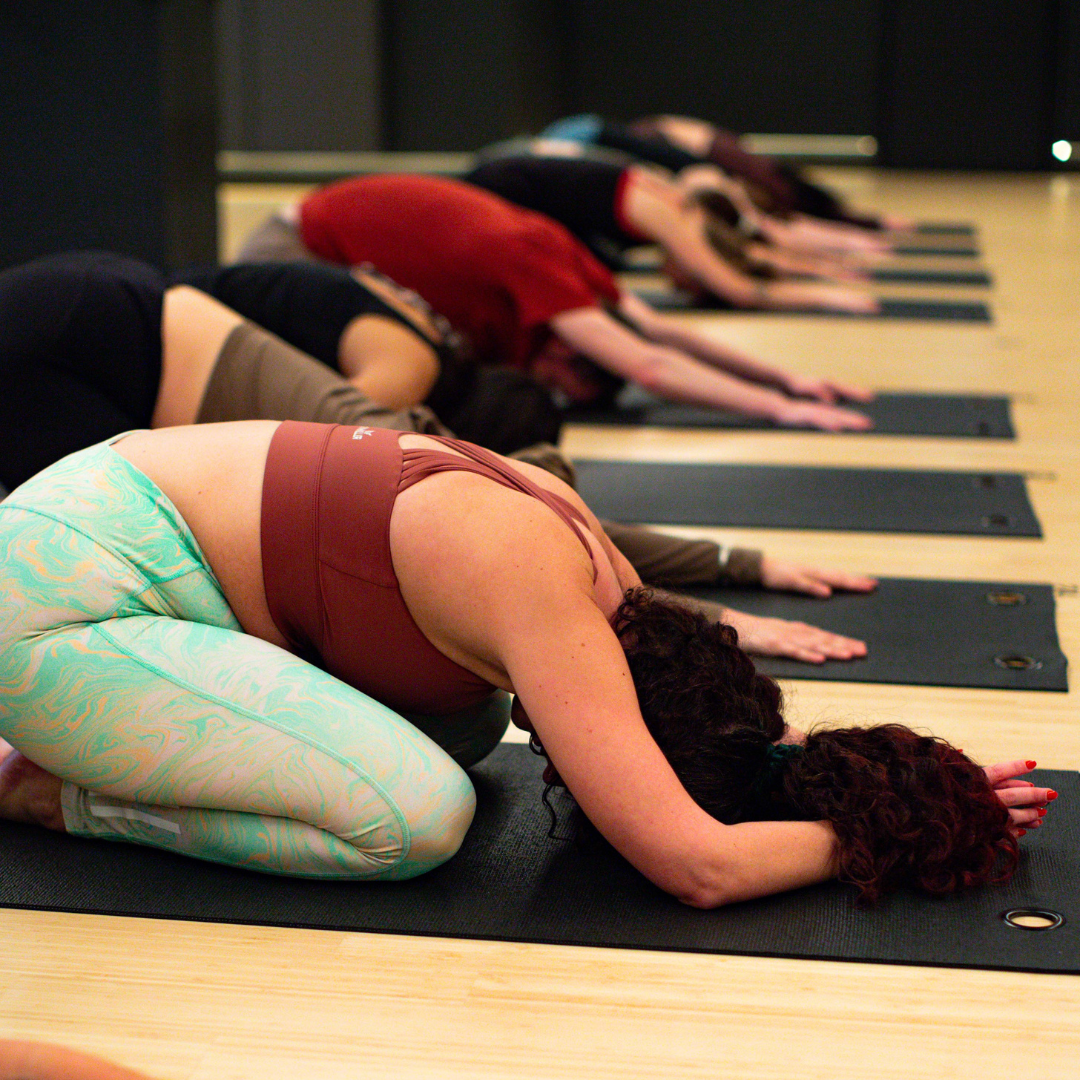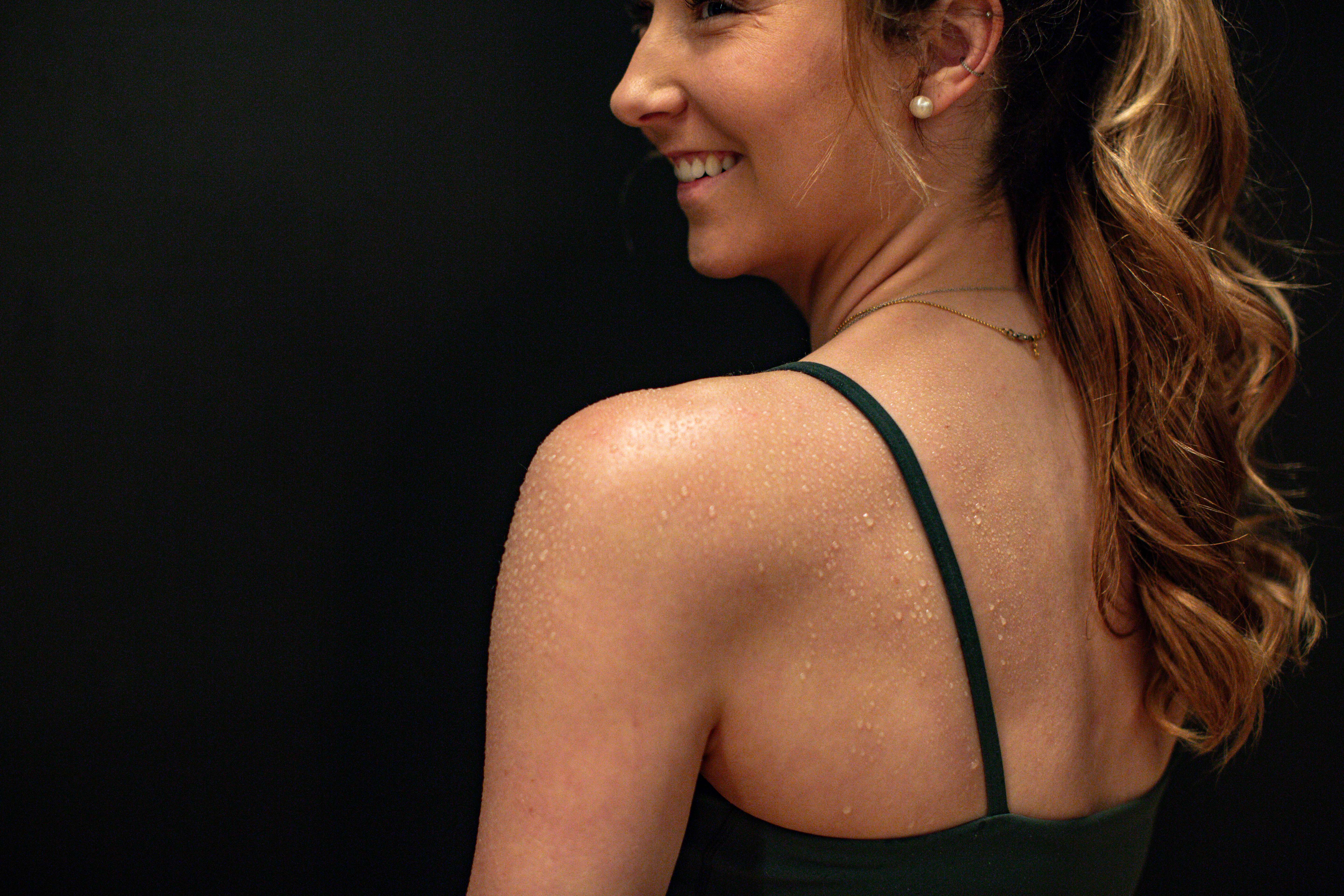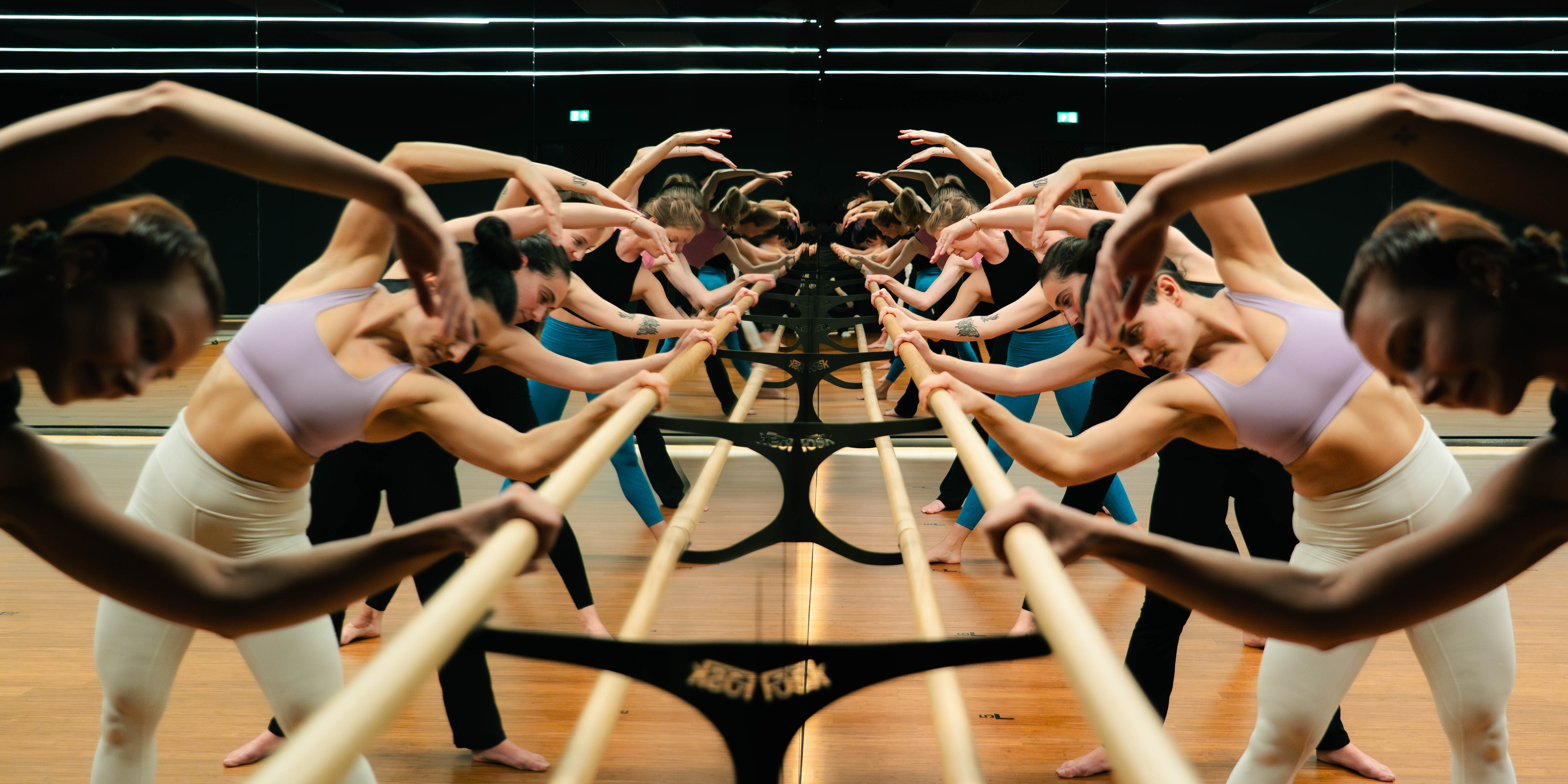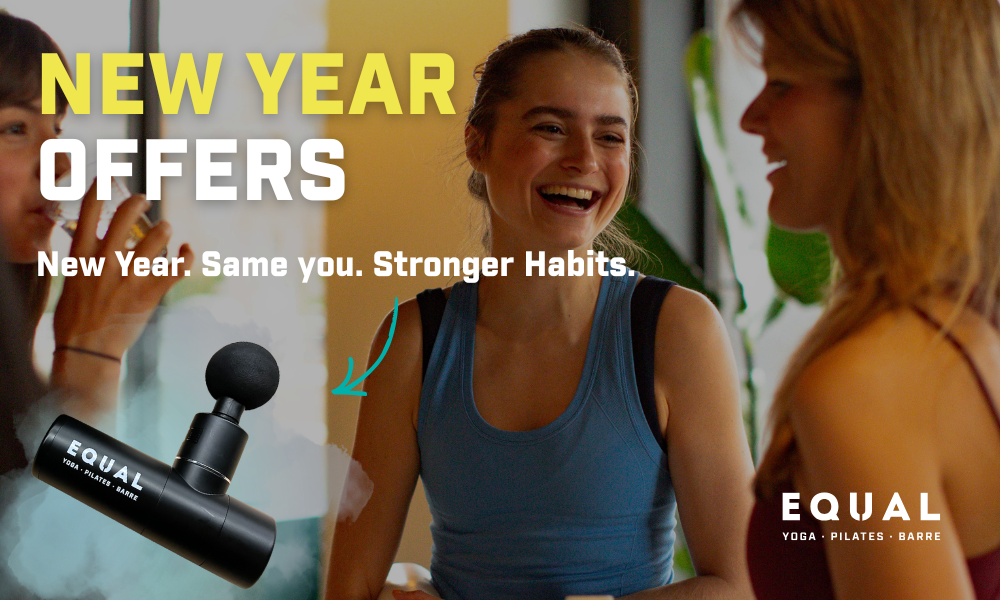Let’s talk about that pose. You know the one — the moment when everyone folds forward, arms outstretched, forehead towards the mat, and you feel like you could stay there all day 😌. That’s Child’s Pose.
It’s often described as a "resting pose," and honestly? That’s pretty spot on. But that doesn’t mean it’s doing nothing. Think of it as your safe haven on the mat — grounding, calming, and quietly powerful.
Why do we do it?
Child’s Pose gives your body a moment to reset. It's a go-to when you’re catching your breath, taking a break, or simply soaking up the benefits of a previous posture.
It gently stretches your lower back, hips, thighs, knees, and ankles — especially if you’ve been holding tension there (which, let’s be real, is most of us 🙃). And that feeling of forehead-to-mat? That can help calm the mind and nervous system, offering a little nervous system hug in the middle of your flow 🫶.
Modifications = Self-love
There’s no “one way” to do Child’s Pose. It’s yours to customize depending on what your body needs in the moment:
- Knees wide apart vs together
- Arms reaching forward, or down by your sides
- A rolled-up blanket or bolster under the torso for extra support
- A block under the forehead to make the ground come to you
- And if kneeling feels uncomfortable, you can always skip or adjust 🙏
It’s not about pushing or performing. It’s about coming home to yourself.
It’s not “just rest” — it’s smart rest
In yoga, rest is part of the practice — not a pause from it. When you choose Child’s Pose, you’re listening to your body and choosing presence over pressure. That’s some advanced-level yogi wisdom right there 🧠✨.
Whether you pop into it for five breaths or stay for a whole song (we see you 👀), Child’s Pose is always a wise choice.
Final thought: Your body knows best
Child’s Pose teaches us to surrender — not in a dramatic way, but in a quiet, everyday kind of way. You can use it to reconnect with your breath, scan your body, or just say “hi” to yourself. It's your built-in reset button. Use it often 💚.
